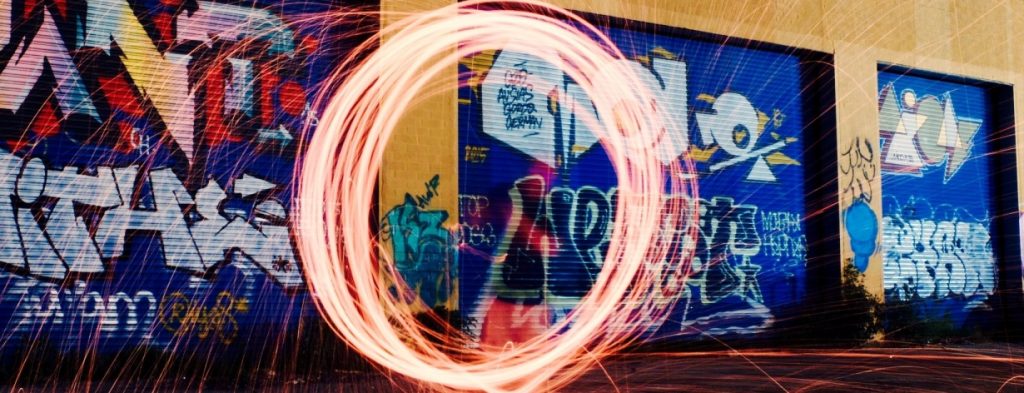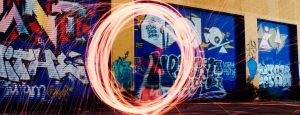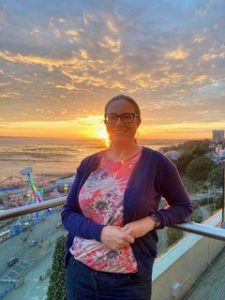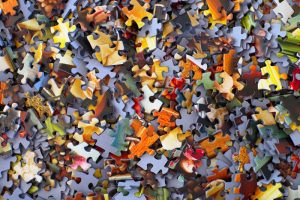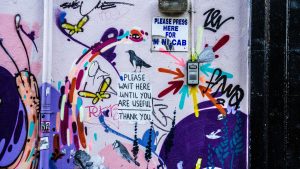Most approaches in Whole Person Learning do not take full account of the emotional, physical or spiritual dimensions of the person.
Whole Person Learning means what it says – we work with the whole person – even the difficult bits.

The Evolution of Whole Person Learning
The human potential movement and humanistic psychology provide the basis for an experiential approach to learning that puts participants and their own process central to the learning they achieve.
The approach sees the mind/body split as largely artificial and is interested in enhancing the individual’s ability to take increasing personal responsibility for their own wellbeing.
The core is the ability of the person to learn to know themself.
The Purpose of Education
Traditionally, education is a means of preparing citizens to take up a responsible role in their society. Qualifications are the general measure of progress.
To become a person in such a world is to learn the rules and fit in through Whole Person Learning.
Increasingly, in a global context where ways of operating are in flux, individuals need to develop higher levels of autonomy.
They need a stronger sense of self whilst being able to shape the future collaboratively in a way that honours and respects the others involved.
The Interdependence of Persons
The human being exists in a network of relationships, interconnecting arrangements and interdependent systems.
There are at least five major areas of influence to which the person relates: Self, You, Them: Group/Team, Systems and Organisation, Planet and Cosmos.
Working with the Individual when teaching Whole Person Learning
The Whole Person Learning approach seeks to:
- bring together the individual’s context with an understanding of the nature of personhood.
- create learning tasks chosen in collaboration with the learner to enhance their development toward the goal of a more complete personhood.
- foster and live in practice a more responsible engagement with the nature of effective participation in the human order and the planetary sphere.
The aspiration of an educator to promote personhood immediately transforms the nature of the relationship between the educator and those learning Whole Person Learning.
They stand together as joint creators of the enterprise – with contributions that are different but of equal worth.
This radical education approach is explored more fully in Learning for Tomorrow: Whole Person Learning, by Bryce Taylor, available from Oasis Press.
For more information on Oasis’ Whole Person Facilitating course, please contact us for more information.

